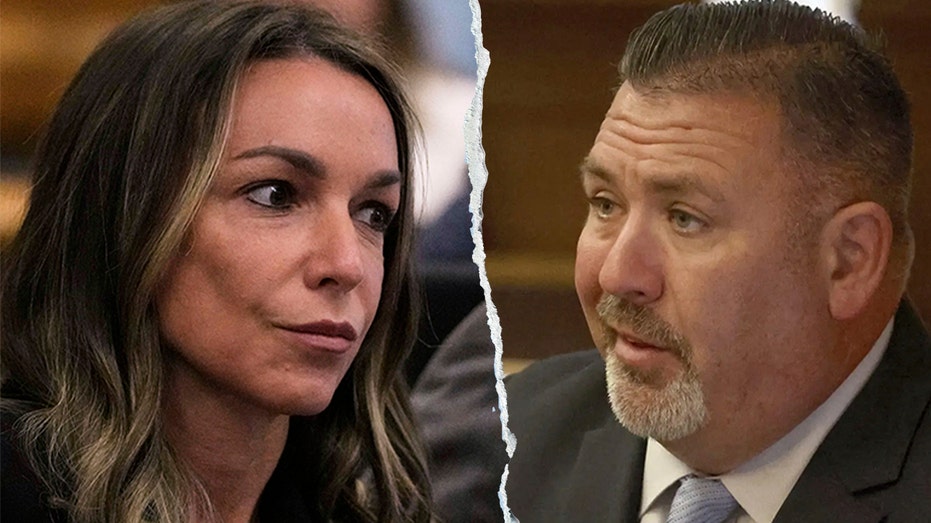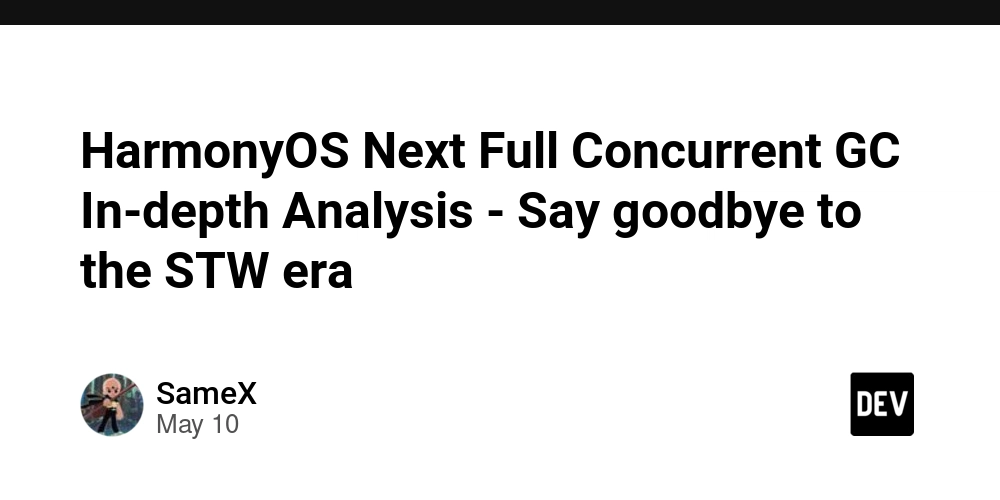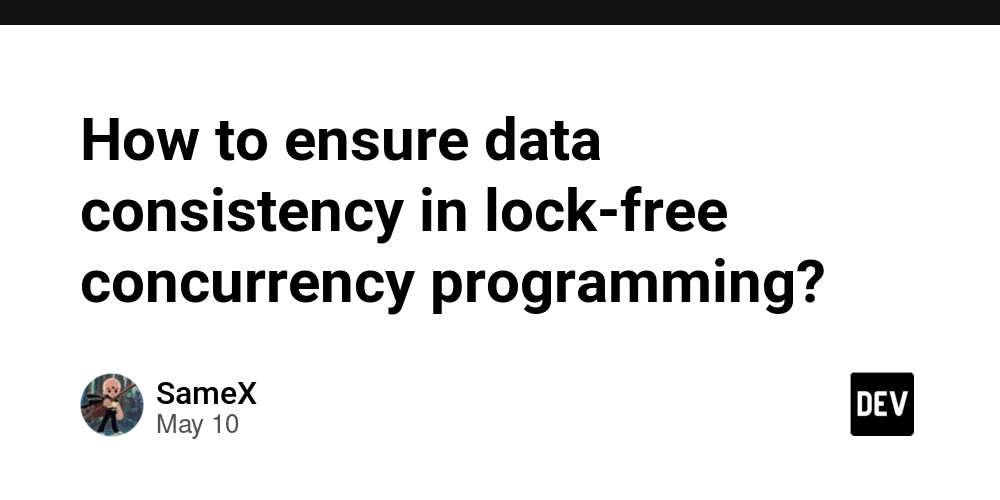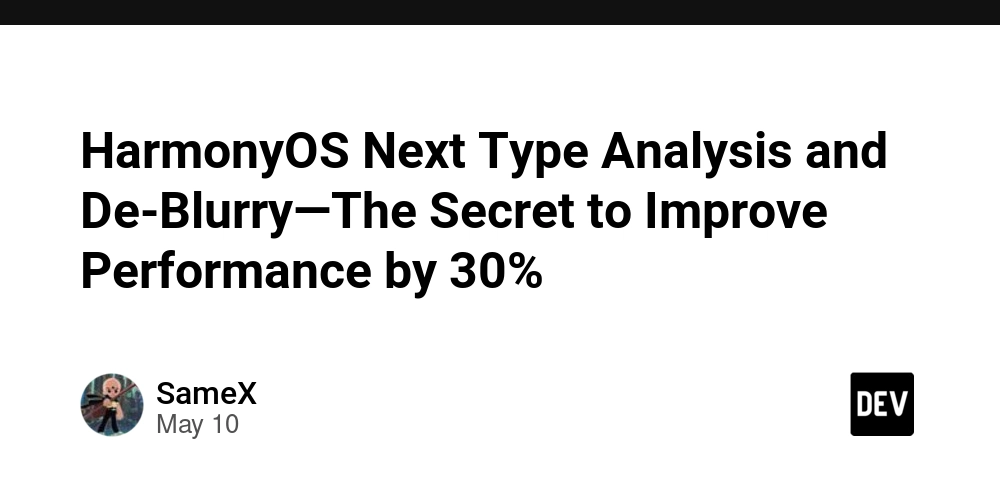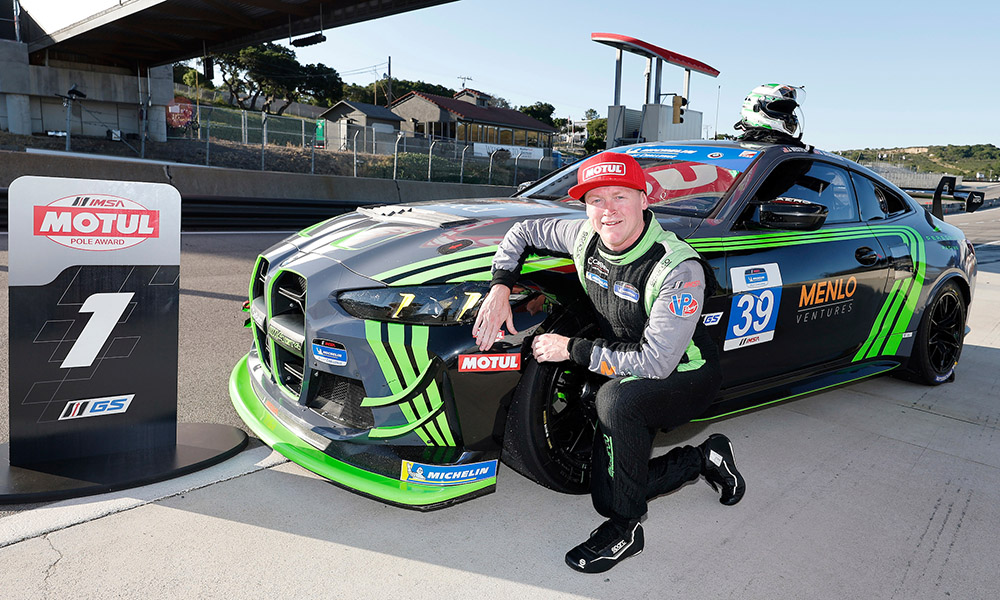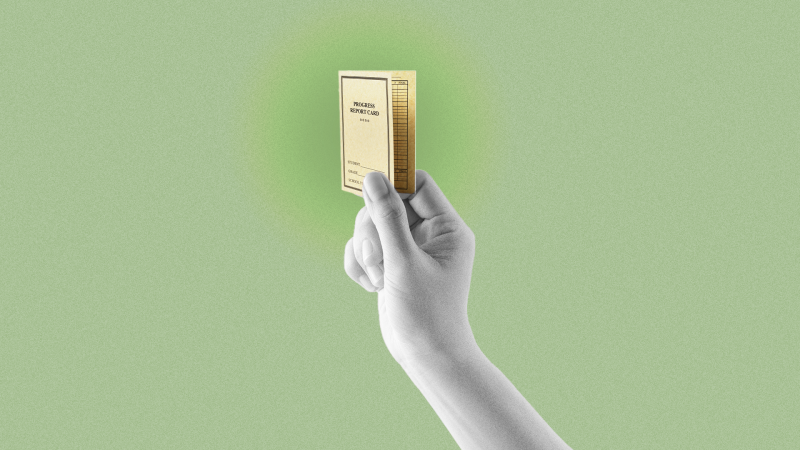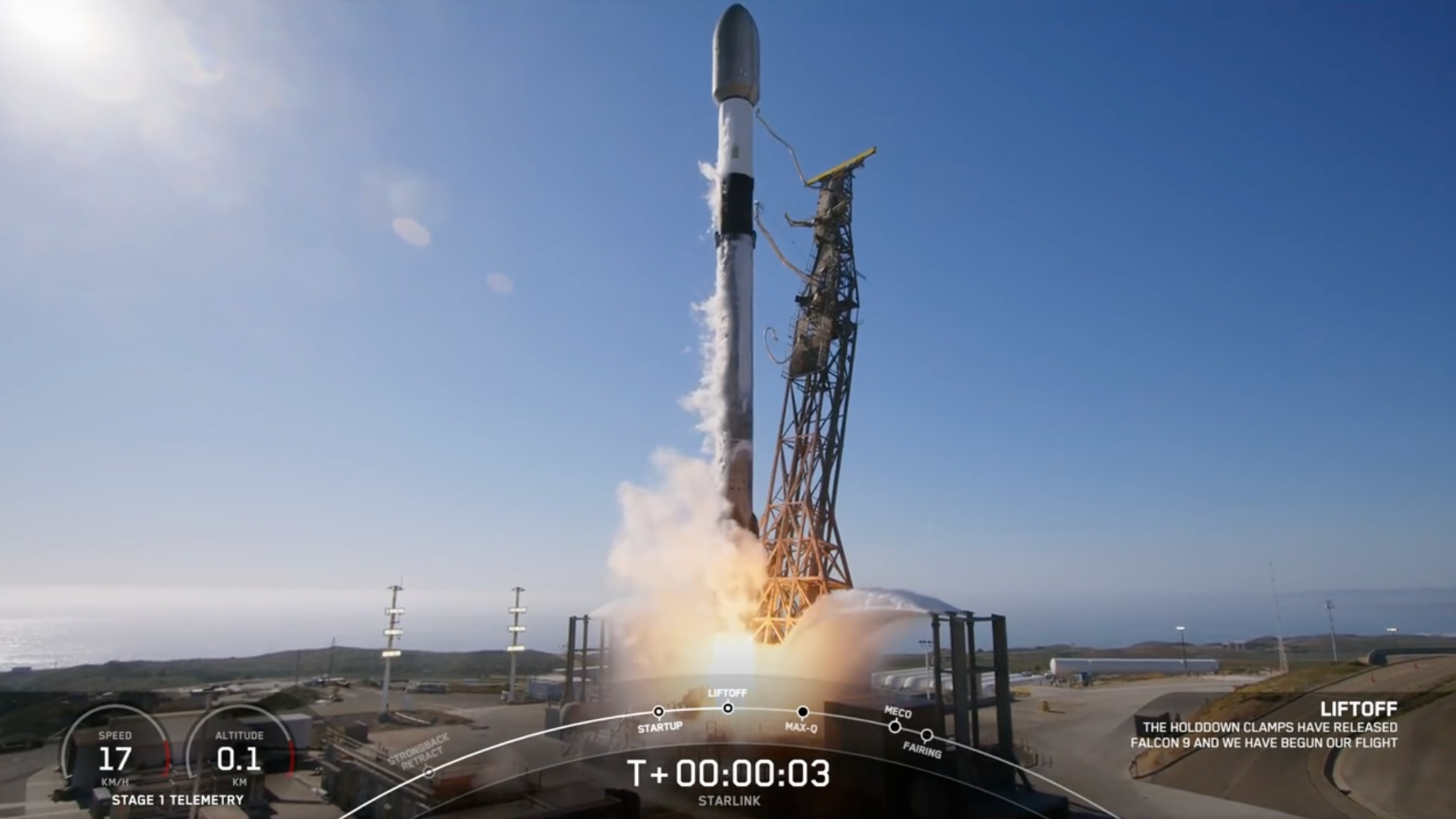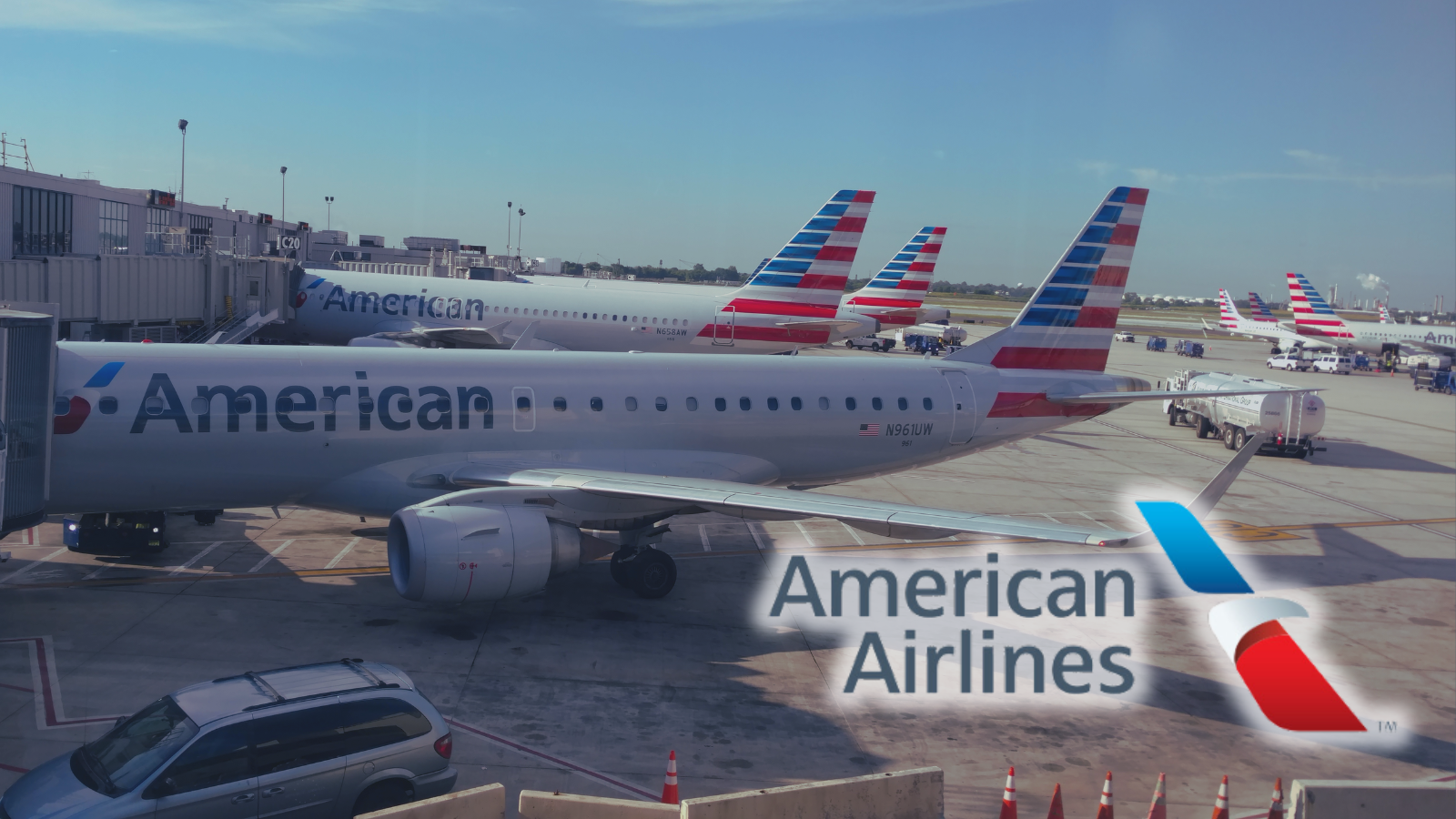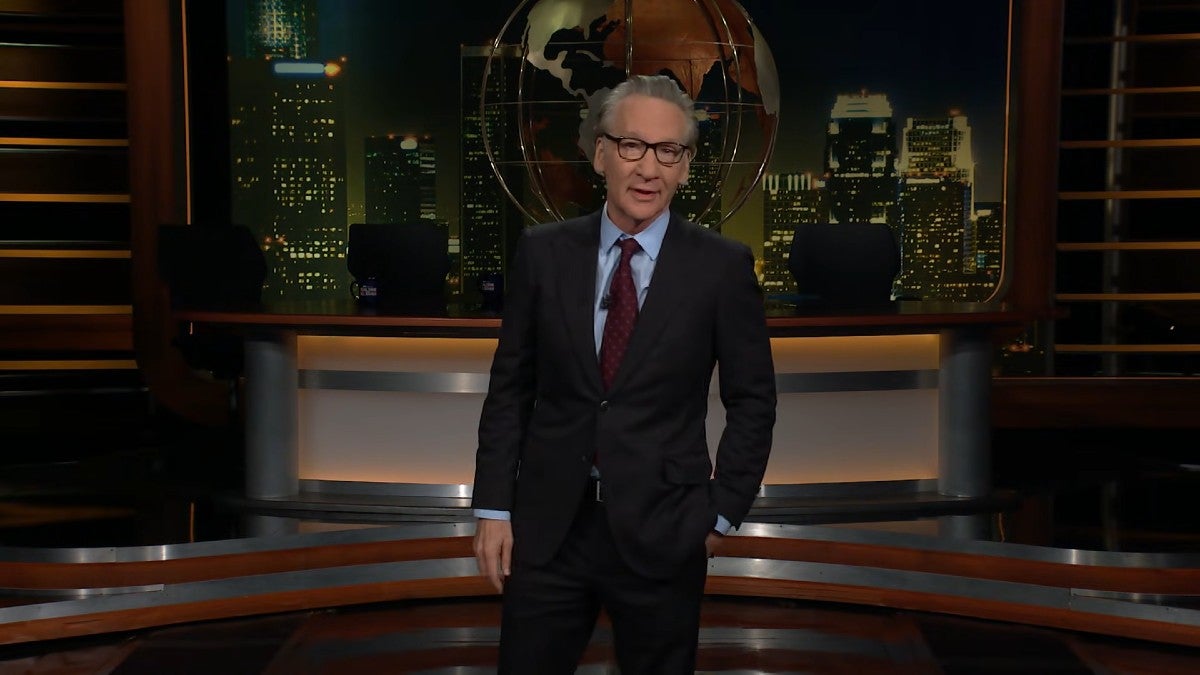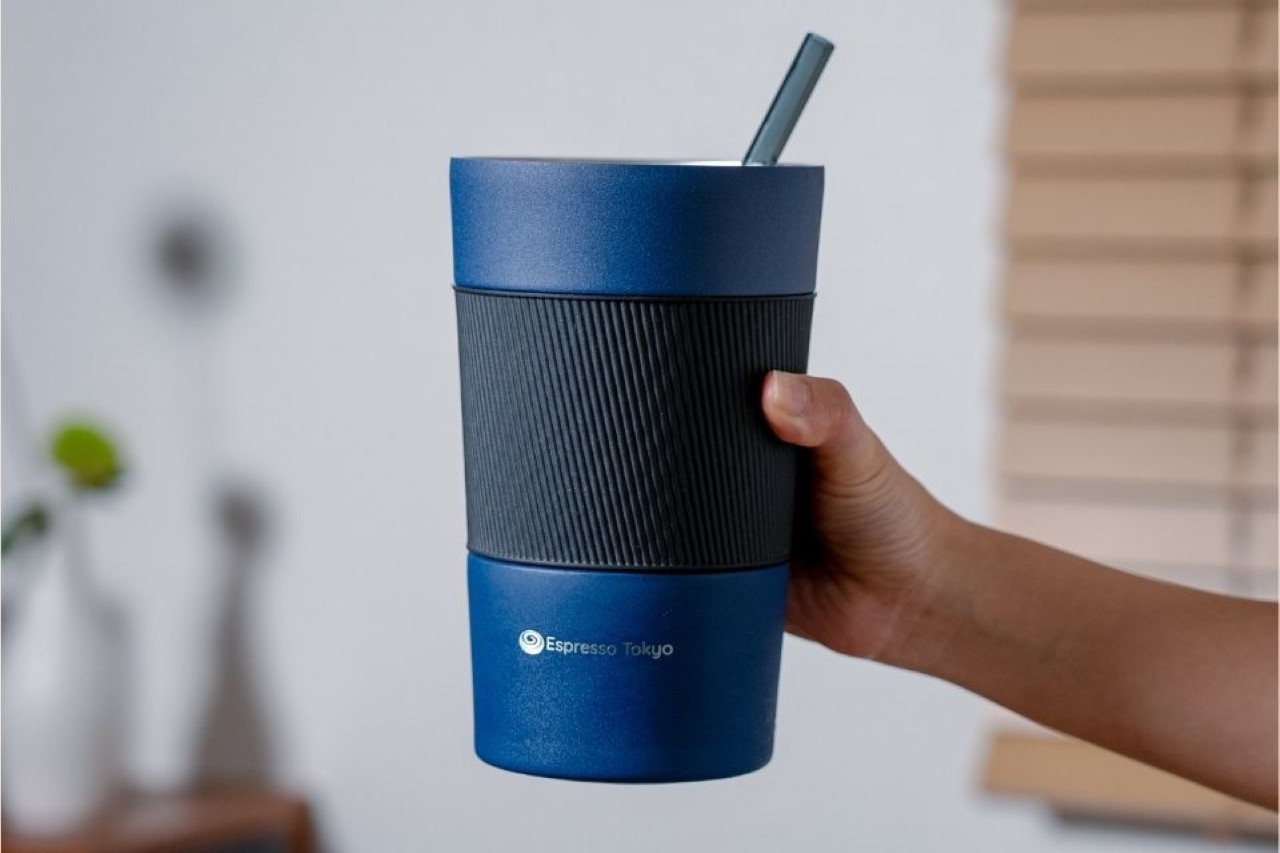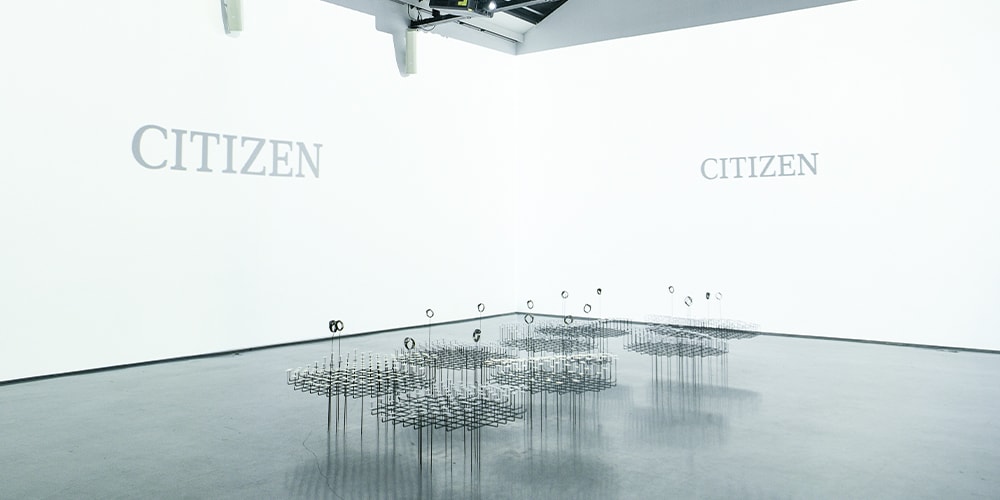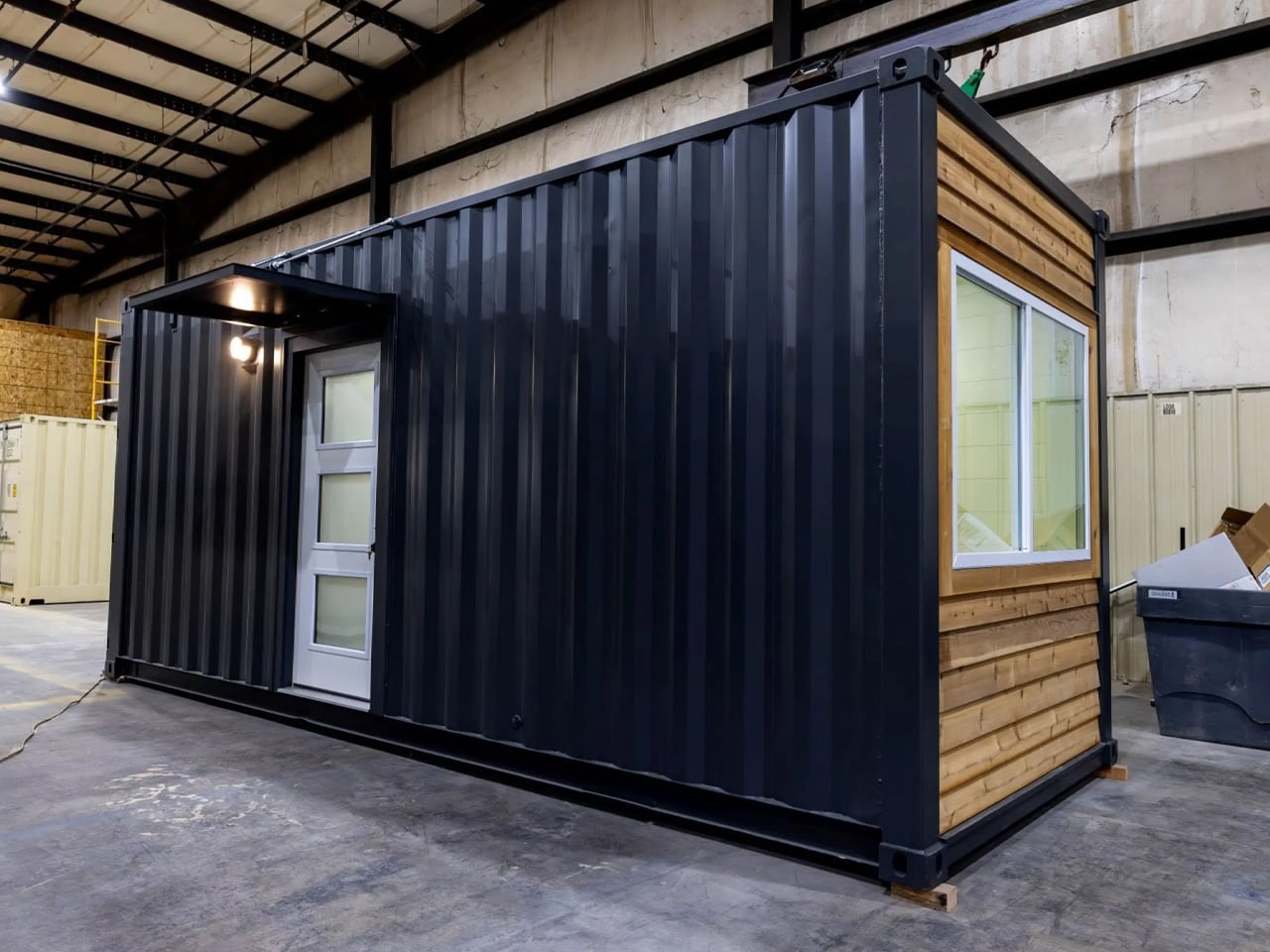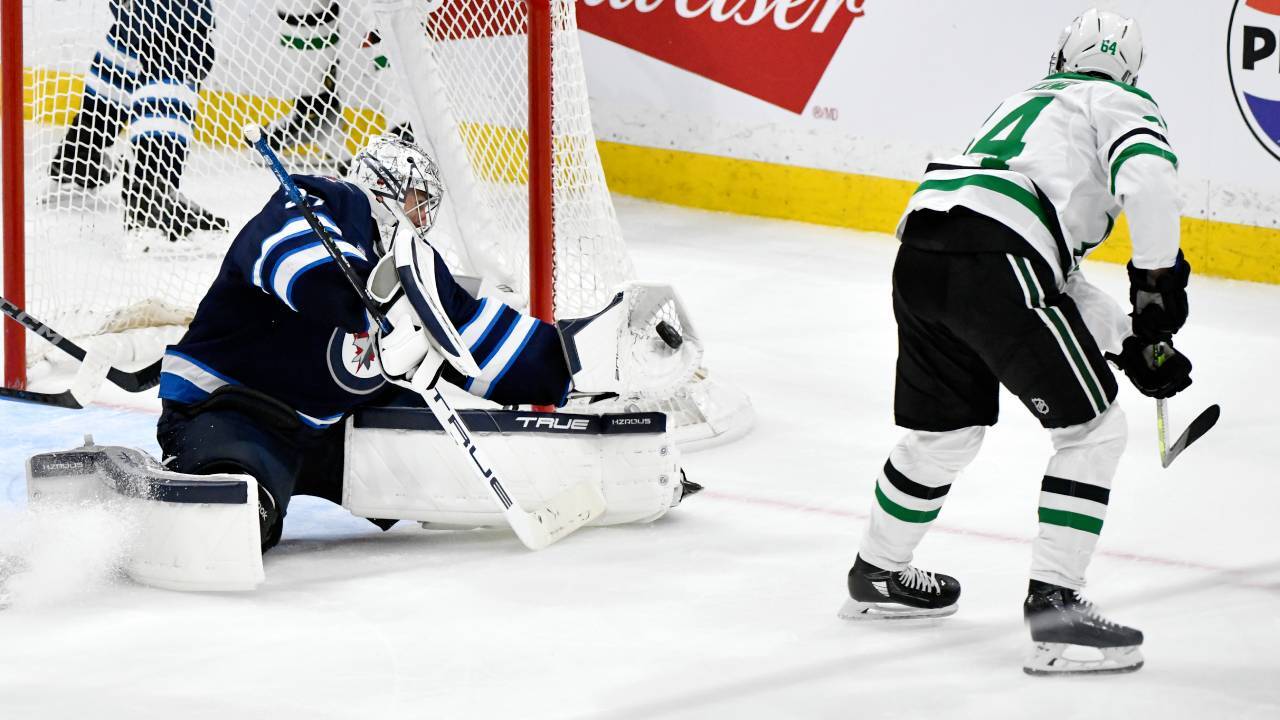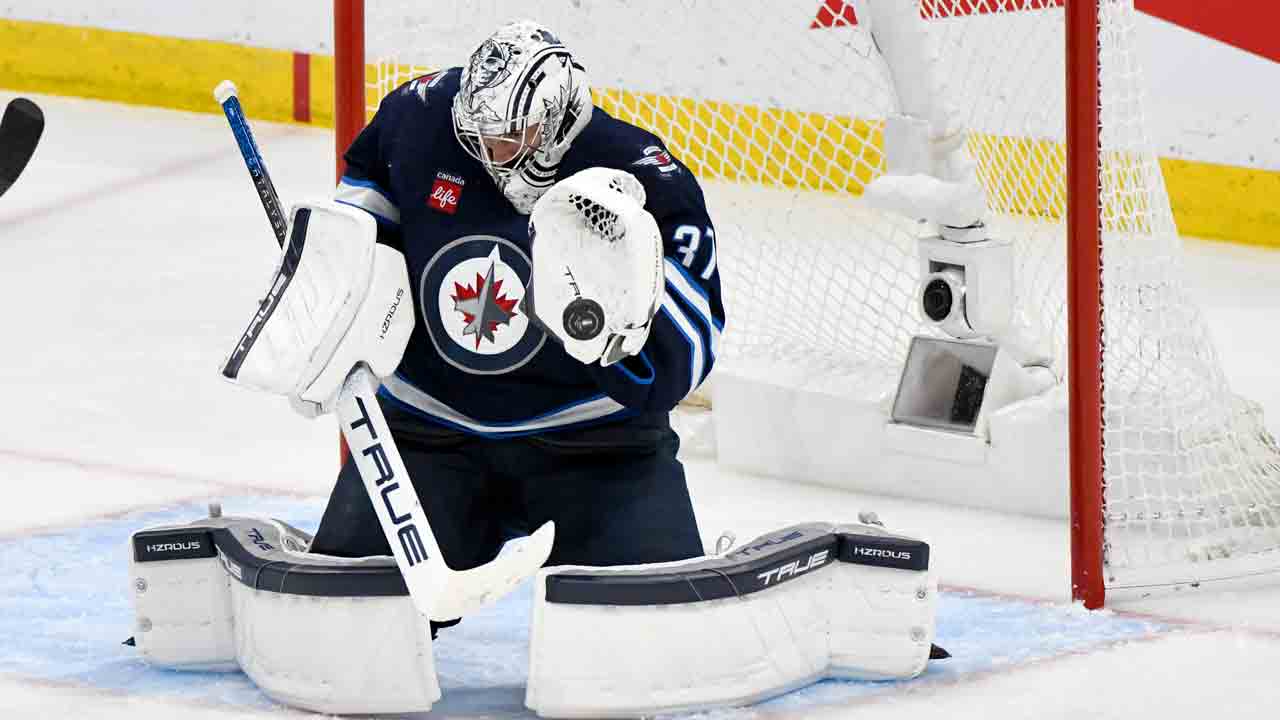Pope Leo Vows to Look at ‘Challenges’ Facing the Church in the United States in Unearthed Interview
"I hope to be able to respond to [the challenges] with a healthy dialogue," said Cardinal Robert Prevost, now Pope Leo, in 2023.


Robert Prevost was elected as Pope Francis’ successor on Thursday, May 8, concluding a two-day papal conclave. Hailing from Chicago, Prevost—who has chosen the name Pope Leo XIV—is the first American Pope. But his service in the Catholic Church stretches beyond the U.S., as Leo holds both U.S. and Peruvian citizenship, and has dedicated many years of his life to missionary work in South America. [time-brightcove not-tgx=”true”]
Leo was appointed a cardinal in September 2023 by Pope Francis, and also served as the Prefect of the Dicastery for Bishops from January 2023 until Pope Francis’ death on April 21.
In an unearthed interview from 2023, Leo spoke to the BBC about his appointment to Prefect, during which he mentioned his American roots and how that might aid him in helping with the challenges faced by the Catholic Church in the United States.
”It’s not coincidental that Pope Francis chose me. I’ve been a missionary my whole life and I was working in Peru, but I am American and I think I do have some insights into the [Catholic] Church in the United States,” he said.
“The need to be able to advise, work with Pope Francis, and to look at the challenges the Church in the United States is facing. I hope to be able to respond to them with a healthy dialogue. And to continue to look for ways to be a Church in this day and age that we’re living in.”
What are the challenges facing the Catholic Church in the United States?
As of March 2025, there are an estimated 53 million adult Catholics across the U.S. Whilst the number of Catholics remains steady, demographic changes are taking place. The share of American Catholics that are white has fallen by 10%, whilst Hispanic Catholics have increased by 7%, according to the Pew Research Center.
Despite making up a significant share of the national Catholic population, the religion amongst Hispanics in the U.S. has dropped from 67% to 46% between 2010 and 2023.
Reports of historic sexual abuse are another major issue for the Catholic Church around the globe, including parishes that lie within the U.S. It’s a matter that still requires significant attention. Cases of abuse continue to be uncovered, and some campaigners say that Pope Francis still did not do enough to address the issue, despite showing a more progressive approach than his predecessors. The responsibility to address such matters will now fall on Leo.
“The next Pope must institute a zero tolerance law for sexual abuse that immediately removes abusive clergy and leaders who have covered up abuse from ministry,” the Survivors Network of Those Abused by Priests (SNAP) sad in a statement before the papal election.
SNAP went on to publish another statement after the appointment of Pope Leo, highlighting their “grave concern about his record managing abuse cases.“
Pope Leo’s appointment during Trump’s second term
Leo takes on the highest position in the Vatican at what is arguably a precarious time for his homeland, so far as foreign relations are concerned. It may be the Leo’s wish to help bridge divisions between the U.S. and other nations amid tariff uncertainty and various global conflicts.
It seems the Pope has always kept an eye on political affairs in the U.S. Earlier this year, Leo appeared to criticize J.D. Vance’s interpretation of the Catholic doctrine in a post on X.
Vance had used Christianity to defend American policy on deportation, and an account appearing to be that of Robert Prevost said this interpretation was wrong.
The same account also shared an article in 2015, which described Trump’s views on immigration as “problematic,” further criticising his separation of parents and children at detention centers in 2018.
Pope Leo’s Chicago origins and Peruvian service
Born and raised in Chicago, Pope Leo XIV moved to Peru in 1985 to serve in the Augustinian mission in the area of Chulucanas. He stayed there for 13 years, later returning to the U.S. to become the Provincial of the Augustinian Province in Chicago, where he continued his community work.
But Leo returned to Peru again, and took on an elevated position when Pope Francis appointed him as Bishop of Chiclayo in 2015.
Leo demonstrated his image as a global leader of the Church, not just as an American, in his first address to the public as Pontiff, where he spoke entirely in Italian and Spanish.
Brett C. Hoover, a theology professor at Loyola Marymount University in California, told TIME: “He [Pope Leo] was saying, ‘I’m an American, but I’m a different kind of American. I’m not a nationalist; I’m a person that cares about the entire world.’”
Despite service abroad in Peru and the Vatican, the new head of the Catholic Church has maintained strong ties to the Catholic community in Chicago, where much of his family, including his brother, still resides. In 2024, Leo visited a local church for an “evening of reflection.”
He would also regularly return to Chicago during his years of missionary in Peru, visiting family and churches in the area of his birthplace.
Political division in the U.S. Catholic Church in the Trump era
Within the Catholic Church in the U.S., division has reared amongst bishops and their opinions on President Trump.
Some American bishops have been vocal in their disagreement of Trump, in particular over his immigration policies and deportation practices.
On April 7, the U.S. Conference of Catholic Bishops (USCCB) announced that they would be ending partnerships with the government that serve refugees and children, saying the “heartbreaking” decision followed the Trump Administration’s halt of funding for refugee resettlement.
President of the USCCB, Timothy Broglio, said: “We simply cannot sustain the work on our own at current levels or in current form.”
On April 17, Bishop Evelio Menjivar of Washington voiced deep concern over the Trump Administration’s treatment of immigrants. “These disturbing actions in violation of fundamental human rights and dignity are not only being taken against undocumented persons, gang members, and those who have committed violent crimes, but against peaceful and productive migrants and refugees across the board,” he said.
Regarding LGBTQ+ issues, American bishops also appear to be divided. In November 2024, some bishops declared their support of the 2024 Vatican Dignitas Infinita which said “gender theory and sex change procedures are contrary to human dignity.”
These are issues that, as the first American Pope, Leo may well have to address in order to steady the disagreements amongst U.S. bishops. The new Pope’s support of synodality could be a promising sign of tackling these divisions, an approach which aims to make the structure of the Church more inclusive and participatory.
Leo previously said that it could be a method to heal divisions that have been polarizing the Church.
